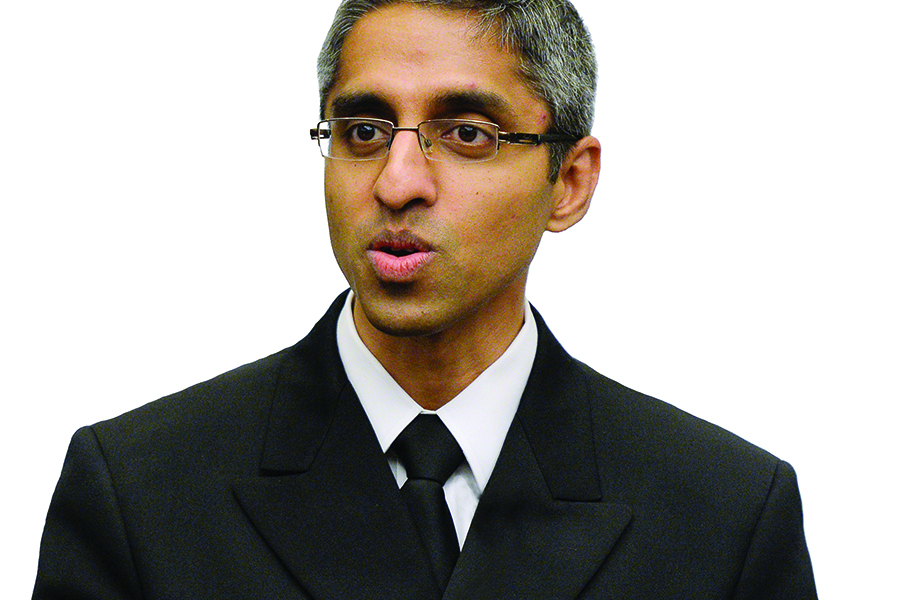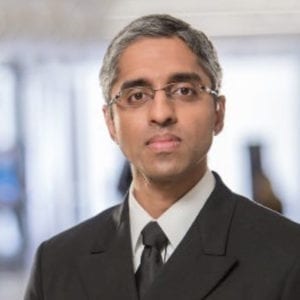Loneliness is a root cause and contributor to many of the epidemics sweeping the world today, from alcohol and drug addiction to violence, depression, and anxiety.
As America’s Doctor, Dr. Vivek Murthy called the nation’s attention to critical public health issues, including the opioid epidemic, e-cigarettes, and emotional health and well-being. He argues that loneliness is affecting not only our health but also how our children experience school, how we perform in the workplace, and the sense of division and polarization in our society. He also discovered that few issues elicited as much enthusiastic interest from both very conservative and very liberal members of Congress, from young and old people, or urban and rural residents alike. Loneliness is something many people have known or have seen in the people around them. It’s a universal condition that affects all of us directly or through the people we love.
Murthy traveled the country and abroad, meeting with doctors, scientists, children, parents, and community members, looking to the latest science to better understand why people are feeling so disconnected. It’s no surprise that in our increasingly complex world, he found equally complex forces contributing to loneliness. Here are his observations:
When looking at loneliness through the lens of history and biology, we see the human need for social connection is more than a simple feeling or convenience — it’s a biological and social imperative rooted in thousands of years of human evolution. Our ancestors’ default setting was togetherness. Apart from practical reasons such as increased safety and consistent food supply, the benefits from connection include decreases in the body’s stress response. Prosocial behavior, like helping others, leaves people feeling less anxious and more secure. This low-stress state of connection should be our default state. We’re biologically primed not just to feel better together but to feel normal together. Loneliness is a built-in reminder that we are stronger together, not only as clans and tribes or family and friends but also as caring communities forming the foundation of a healthy culture.
But there are challenges to this today, including the sheer pace of change. While humans are built to adapt and evolve, the dizzying speed of innovation makes modern loneliness different than anything previous generations experienced. It’s affecting our health and life spans: Studies show that the impact of inadequate social connection reduces life span and is equal to the risk of smoking 15 cigarettes a day — higher than the risk associated with obesity, excess alcohol consumption, and lack of exercise. Simply put, a lack of social connections can be a significant danger to our health. Add to that, the fact that emotional and physical pain are processed by the brain in very similar ways, and it is clear why people may reach for more powerful and dangerous substances — like opioid painkillers and alcohol — when they experience emotional pain from loneliness.
“Creating a connected life begins with the decisions we make in our day-to-day lives,” says Murthy. “Do we choose to make time for people? Do we show up as our true selves? Do we seek out others with kindness, recognizing the power
of service to bring us together? This work isn’t always easy. It requires courage. The courage to be vulnerable, to take a chance on others, to believe
in ourselves.”
This is an excerpt from Dr. Vivek H. Murthy’s new book titled, Together: The Healing Power of Human Connection in a Sometimes
Lonely World.




































